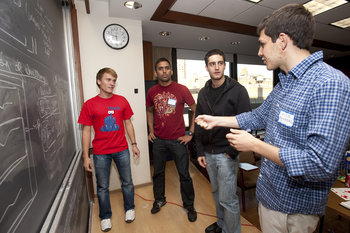
Analysis | Analytics |
Artworks | Assessments |
Attitudes | Blueprints |
Books | Calculations |
Case Studies | Catalogues |
Census | Charts |
Classes | Comic books |
Concepts | Conferences |
Cultural capital | Data |
Debates | Demonstrations |
Designs | Discussions |
Documents | Drawings |
Dreams | Emails |
Emotional Intelligence | Entertainment media |
Experiences | Experiment results |
Expert Opinions | Facts |
Feedback | Films |
Forecasts | Graphs |
Historical Accounts | Historical artifacts |
Human capital | Information environments |
Informational media | Interviews |
Journals | Know-how |
Knowledge of performance e.g. feedback | Knowledge of results e.g. report card |
Known unknowns - knowing what you don't know | Language |
Lists | Manuals |
Maps | Measurements |
Meetings | Memories |
Messages | Mission |
Models | Music |
Mythology | News |
Norms | Notes |
Observations | Opinions |
Patents | Perceptions |
Performances | Photographs |
Pictures | Plans |
Polls | Principles |
Professional competencies | Publications |
Reports | Research papers |
Reviews | Sensor Readings |
Situated knowledge - from a viewpoint | Skills |
Social Constructs | Specifications |
Speeches | Stories |
Strategies | Surveys |
Symbols | Tacit knowledge |
Talents | Textbooks |
Theories | Thesis |
Thoughts | Timelines |
Trade-secrets | Traditions |
Training Sessions | Transcripts |
Vision | Visuals |
Workshops | Writing |
| Overview: Knowledge | ||
Type | ||
Definition | Meaning that can be understood by humans. | |
Related Concepts | ||






















